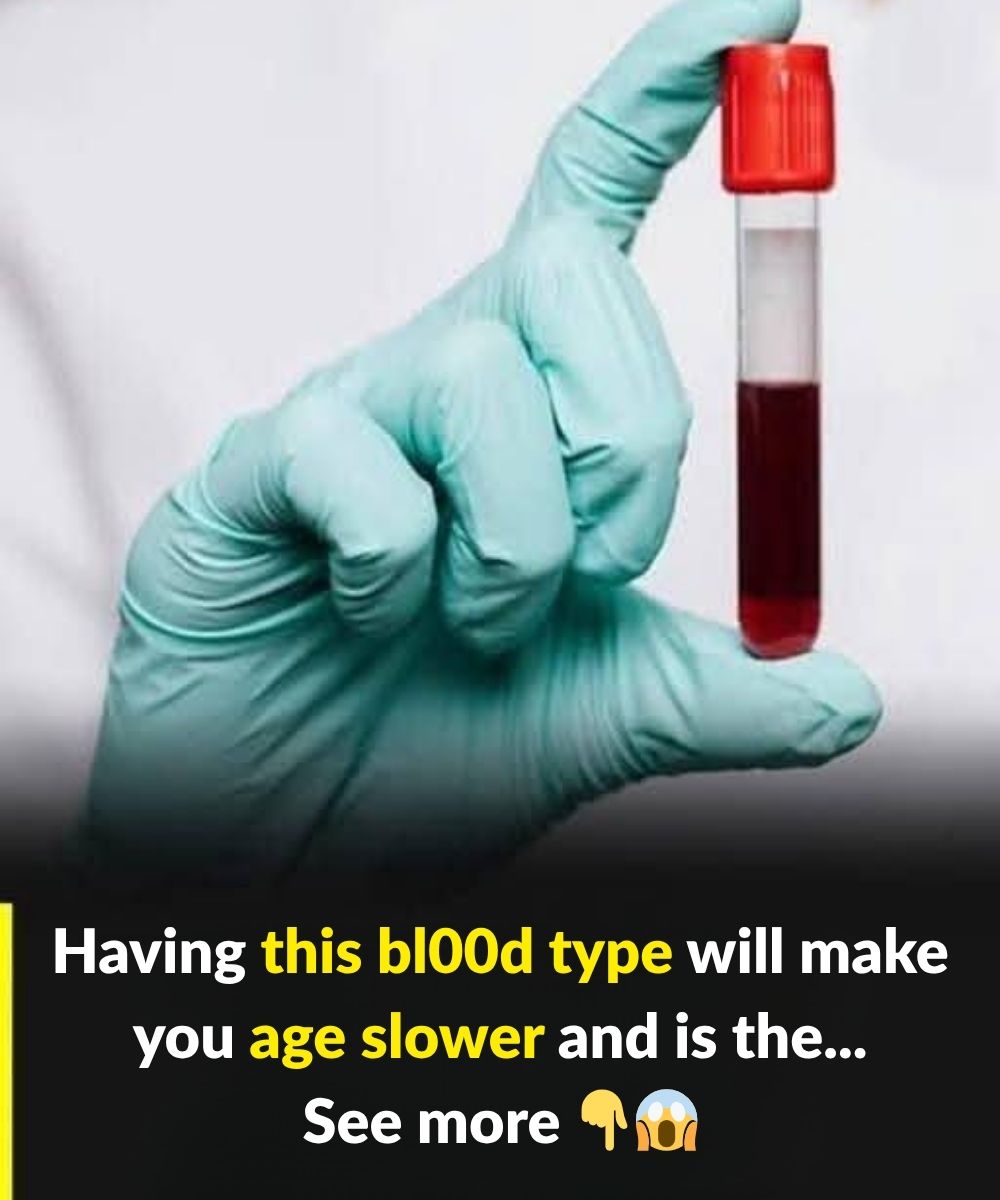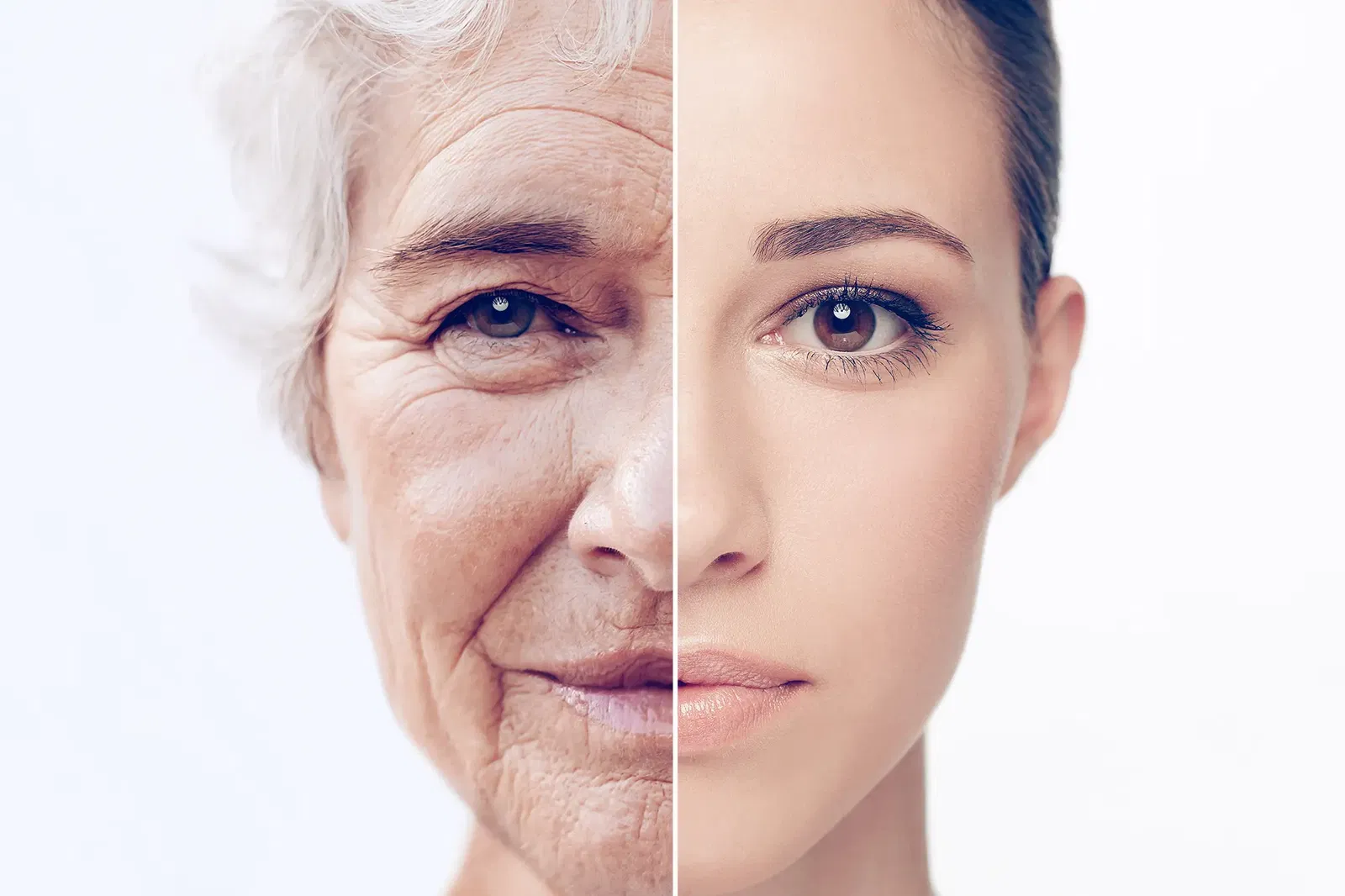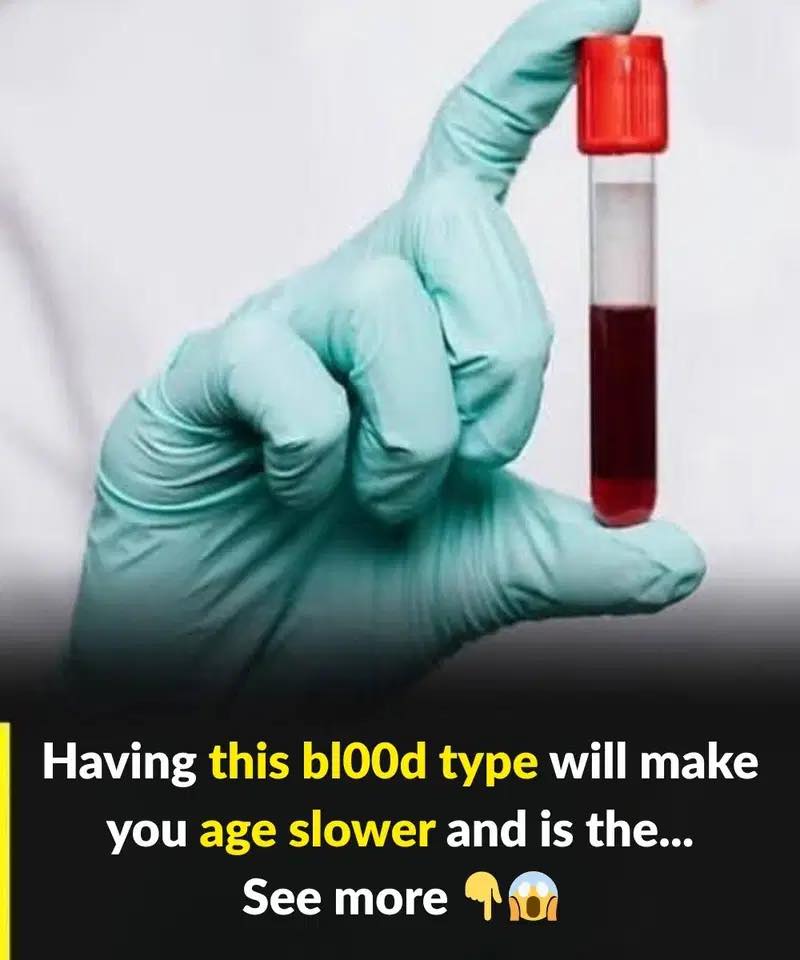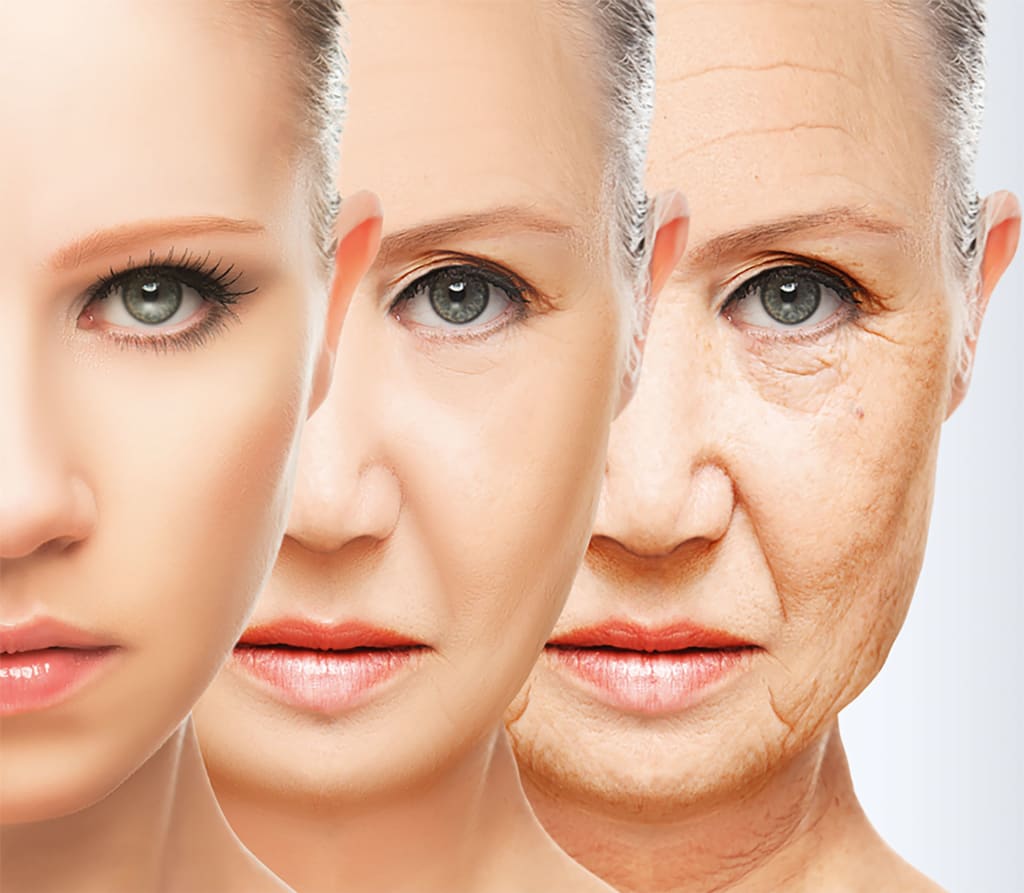
Have you ever thought why some people seem to age more slowly than others? While lifestyle, diet, and genetics all play a vital role, recent research finds that your bl00d type may also influence how fast (or slow) you age.
Among the four major blood types—A, B, AB, and O—scientists have explored that individuals with blood type O may have a slower biological aging process than others.
The Science Behind It
Biological aging isn’t just about wrinkles or gray hair. It involves changes at the cellular level, such as DNA damage, eased immune function, and slower cell regeneration. Studies have shown that people with blood type O often have lower levels of inflammatory markers, such as interleukin-6 (IL-6) and C-reactive protein (CRP).

Lower inflammation means that the cells and organs of people with type O blood may experience less oxidative stress, a major factor in cellular aging. This could lead to healthier skin, stronger immune systems, and a reduced risk of age-related conditions like Alzheimer’s or heart disease.
Protection Against Age-Related Diseases
People with type O blood also seem to be less prone to certain chronic illnesses that typically accelerate aging. For example:
- Heart Disease: Multiple studies have found that blood type O is connected to a lower risk of cardiovascular disease, likely because of better bl00d circulation and fewer clotting factors.
- Canc3r: Some canc3rs, such as pancreatic and stomach canc3rs, are slightly less popular in individuals with type O blood.
- Cognitive Decline: Emerging research suggests that type O individuals may have better bl00d flow to the brain, which could protect against memory loss and cognitive decline with age.
What About Other Blood Types?
CONTINUE READING ON THE NEXT PAGE 🥰💕


